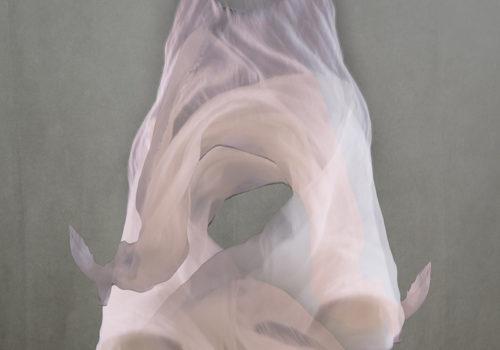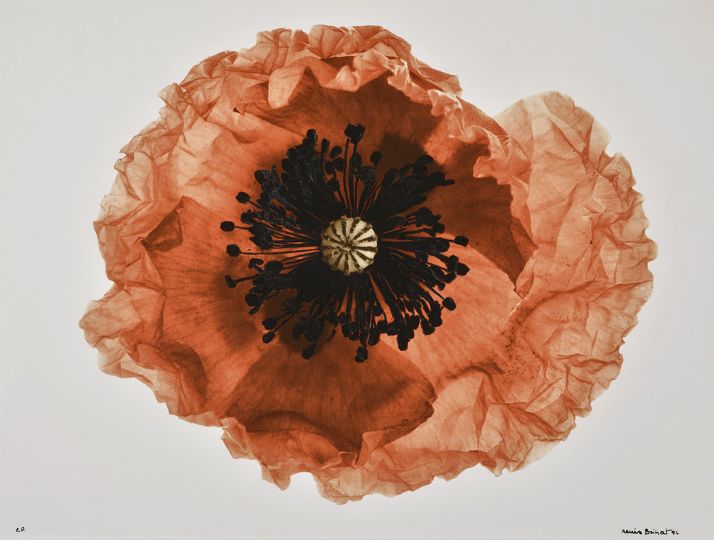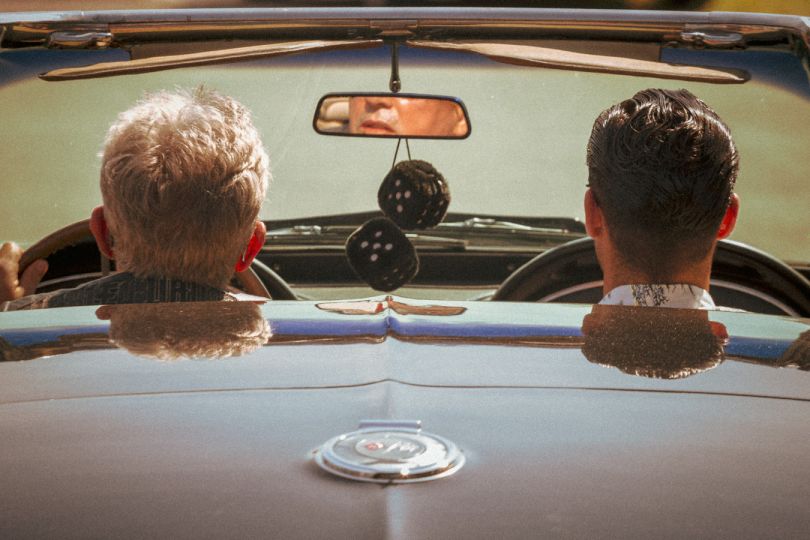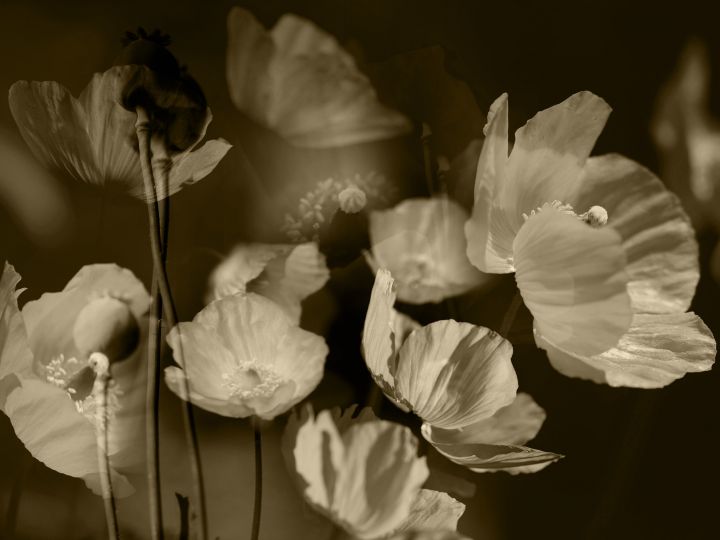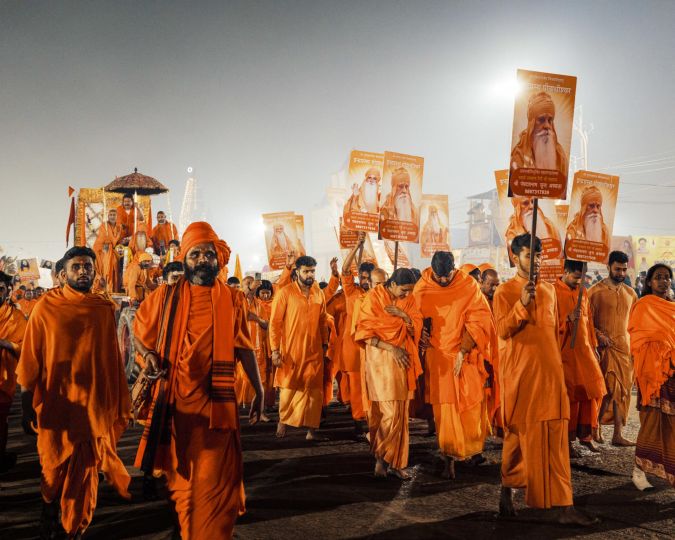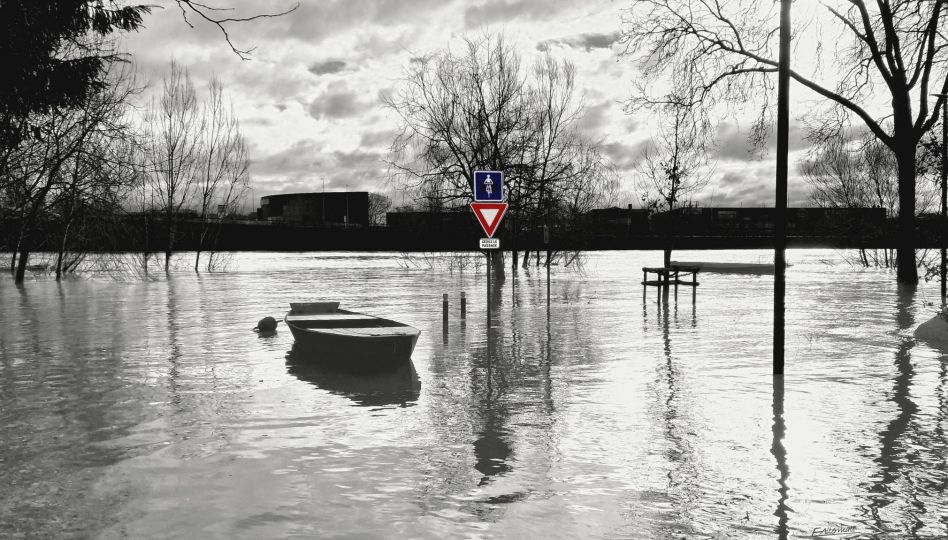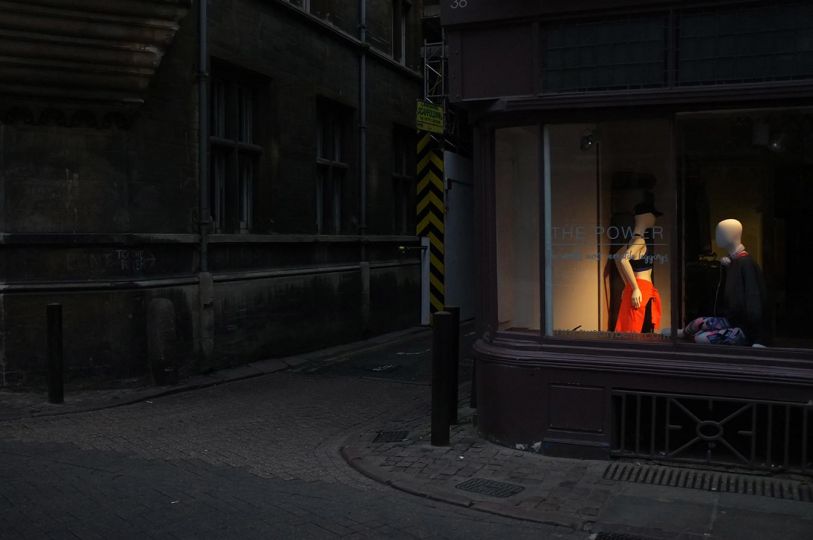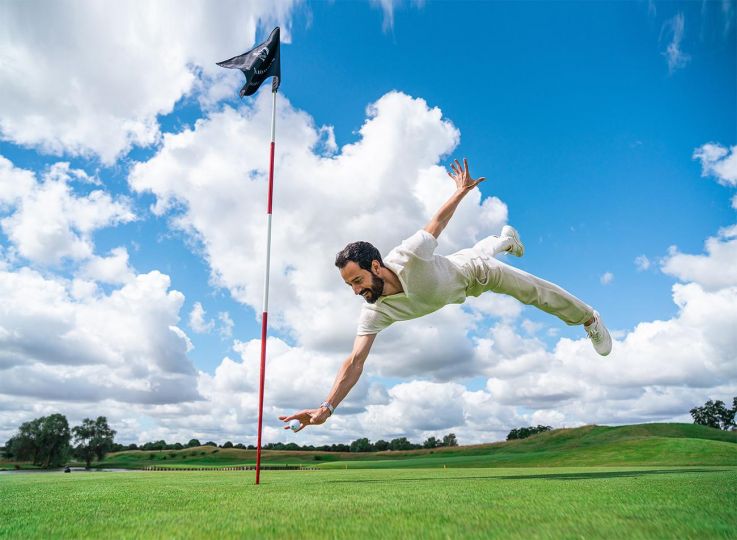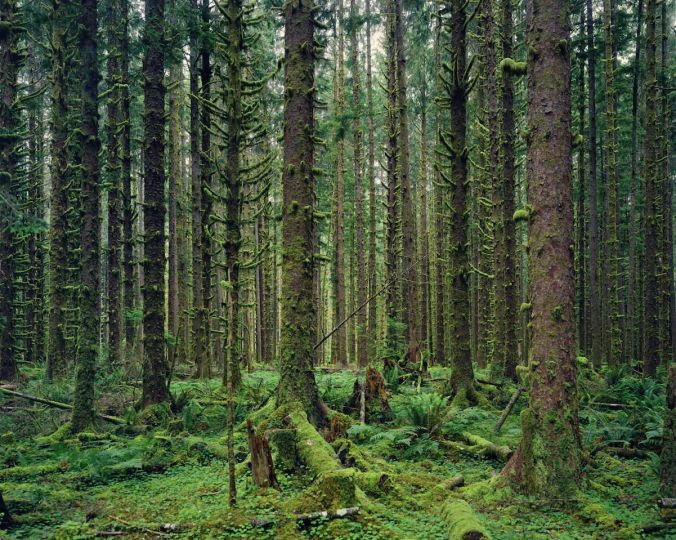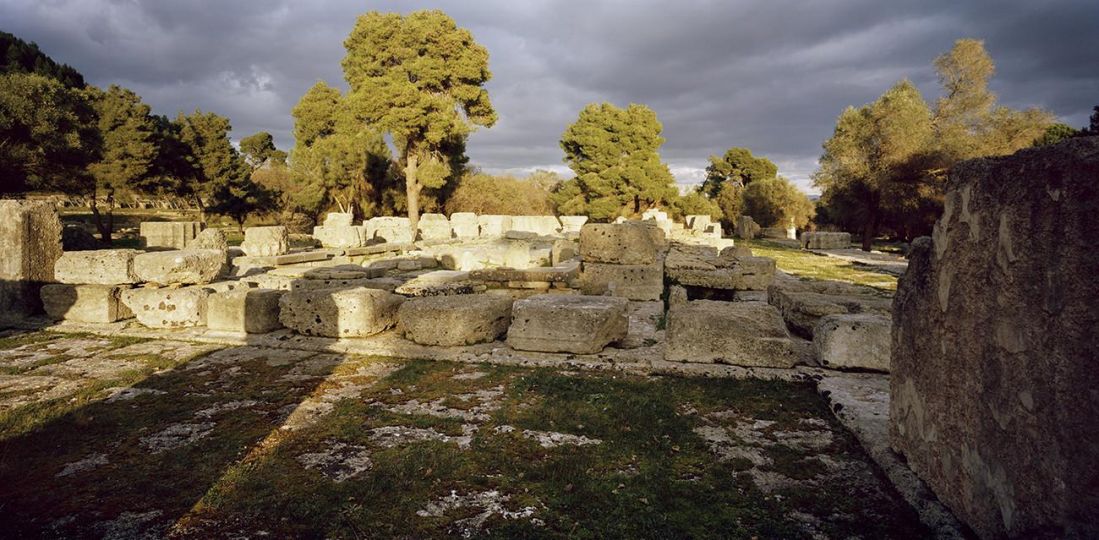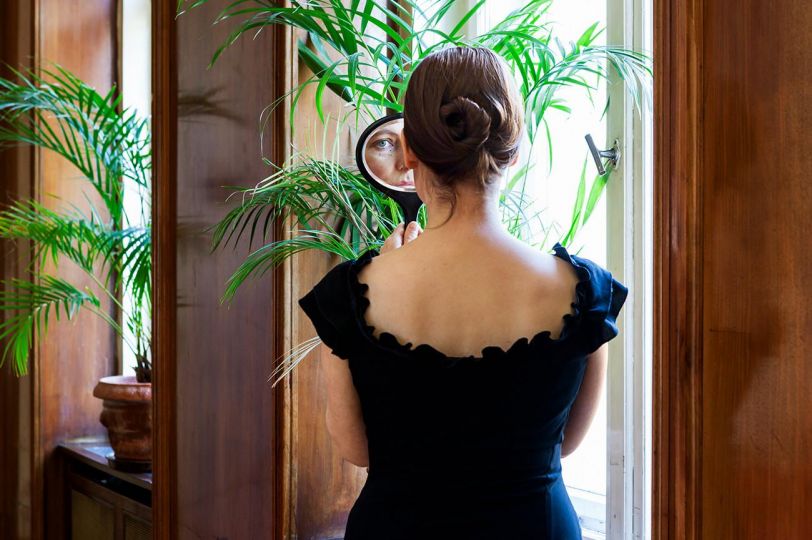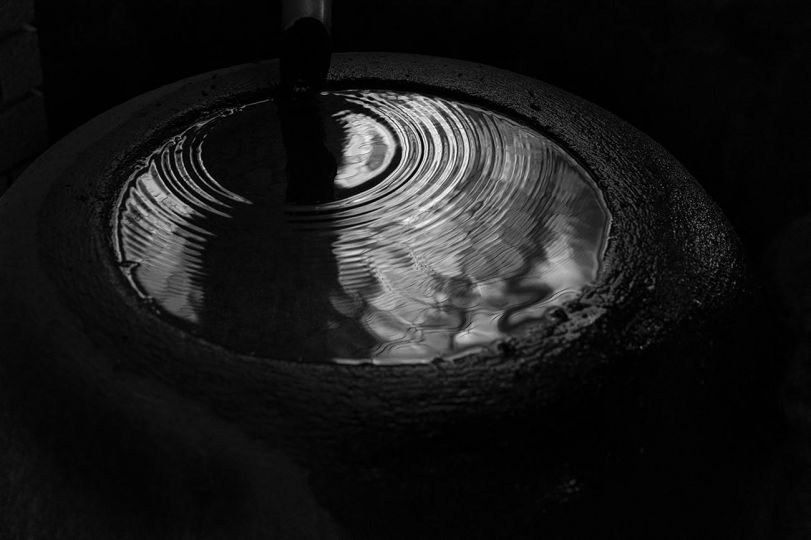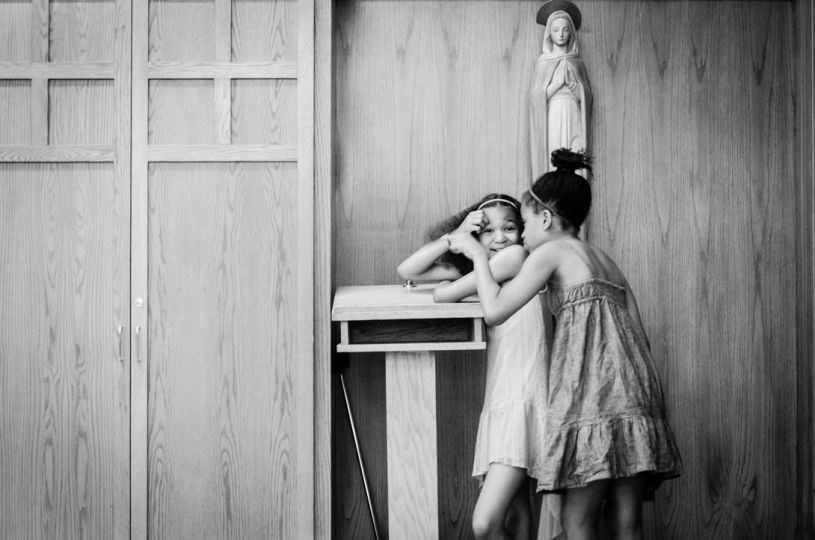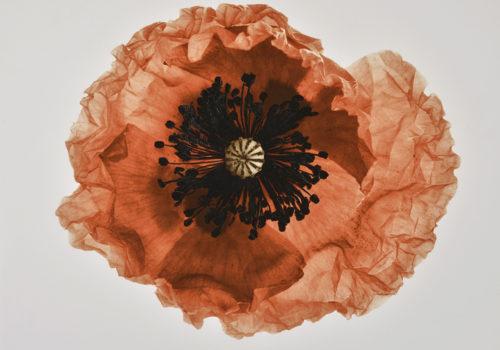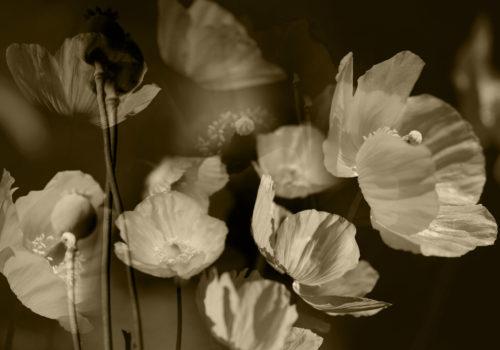Defending individuality
Dutch artist Marinka Masséus received her MBA before studying Buddhist Psychology and then photography at the Photo Academy in Amsterdam, a course that led her to channel her feelings into images. In her work she is interested in people and their place in society. Her favorite subjects are injustice and inequality. Her wish is to defend the individuality, beauty and essence of her subjects.
Photography has always been a part of her. At age 9, her father gave her his old B&W camera to experiment with. Later, in college, she would be “the girl with the camera”. But for years, she kept her passion for photography solely for her travels.
Equality between men and women is a recurring theme in her projects. Very sensitive to misogyny, which has outraged her since she was very young, this subject fuels her inspiration and her determination as an artist.
Photography allows her to denounce misconceptions and prejudices.
Enthusiastic, determined and passionate, she is fascinated by human nature and the way we live our lives.
She leaves it to others to define her style, because the less she defines it herself, the freer she is. As an artist she trusts her instincts.
Website : www.marinkamasseus.com
Instagram : marinkamasseus
Your first photographic trigger ?
Marinka Masséus : My father. After that everything.
The man or woman of image who inspires you?
Marinka Masséus : Women photographers like Dorothea Lange, Diane Arbus and Margaret Bourke-White who defied gender norms and paved the path not just for female photographers but for women in general. Also Claude Cahun (born Lucy Renee Mathilde Schwob) who, in both art and life, challenged gender norms and revolted against convention.
The image you would have liked to make?
Marinka Masséus : Taking a Stand in Baton Rouge, a photograph taken by Jonathan Bachman (Reuters) of Leshia Evans, a nurse from Pennsylvania, as she is arrested by police officers in riot gear during a BLM protest in Baton Rouge, Louisiana, on 9 July 2016. The way she stands, fully centered and in her strength, her green dress flowing in contrast to the line of men in riot gear. Her silent strength dwarfs them. It’s an iconic image and exemplary of the power of women in contrast to male symbols of power.
The one that moved you the most?
Marinka Masséus : I have chosen two photos that are woven into our collective consciousness in a way that we don’t SEE them anymore.
The Terror of War showing nine-year-old Kim running naked on a road after being severely burned on her back by a South Vietnamese napalm attack, taken by Vietnamese-American photographer Nick Ut (for the Associated Press).
And Tank Man (also known as the Unknown Protester or Unknown Rebel) an unidentified Chinese man who stood in front of a column of tanks on Tiananmen Square in Beijing on June 5, 1989, the day after the Chinese government’s violent crackdown on the Tiananmen protests.
When I take a moment to really look I can actually feel my heart shatter. The terror on the children’s faces, the indifference of the soldiers, this photo goes to the heart of the human capacity for cruelty. The lonely man standing in front of a row of tanks, the simplicity of his stance, the (grocery?) bags in his hands, his courageous but futile resolve to fight for that what was already lost: freedom.
And the one that made you angry?
Marinka Masséus : Every photo in which I see women still fighting for their rights. Nothing makes me angrier than seeing women’s rights trampled upon or stripped away. Whether it be in Iran or Afghanistan or Poland or the US, it is devastating that women are still denied equal rights and/or bodily autonomy.
A key image in your personal pantheon?
Marinka Masséus : My series Under the Same Sun about the plight of children with albinism. In Tanzania people with albinism are believed to be evil. They are killed and their body parts are used in good luck potions. Also my Iran series about the fight for freedom by Iranian women.
A photographic memory from your childhood?
Marinka Masséus : Me playing jeux de boule with my nieces and nephews on the annual family day organized by my grandparents. 1976. It was a hot August day, near a lake, I was six, and about the throw the ball, my body in bikini and in motion, everyone around me, also in swimwear, tanned, healthy, children and adults, looking at where the ball will land. A very happy memory captured on film.
With no budget limit, what would be the piece of art you would dream of acquiring?
Marinka Masséus : The next one I will discover and that has the capacity to capture and surprise me.
According to you, what is the necessary quality to be a good photographer?
Marinka Masséus : Your heart. Connection to the topic and to the people in your images.
The secret of the perfect image, if it exists?
Marinka Masséus : The perfect image tells the story exactly how it wants to be told.
The person you would like to photograph?
Marinka Masséus : My parents, together. They divorced when I was eleven and have both passed away.
The photographer you would like to have your portrait taken by?
Marinka Masséus : No one. My place is behind the camera.
An indispensable photo book?
Marinka Masséus : Genesis by Sebastião Salgado.
The camera of your childhood?
Marinka Masséus : My father’s old camera. An Agfa Colorflex, an 35mm fixed-lens SLR with a 50mm f/2.8 Color lens. I was eight when he gave it to me. I still have it, it sits next to me on this very table in its brown leather casing.
The one you use today?
Marinka Masséus : Canon 5Ds R
Your favorite drug?
Marinka Masséus : Music.
The best way to disconnect for you ?
Marinka Masséus : Music. Dancing. Reading in the sun.
What is your personal relationship with the image ?
Marinka Masséus : My photography revolves around people and their place in society. Especially topics concerning injustice and inequality are a driving force behind my work. My photography is a way for me to communicate with the outside world about topics I care about and is an essential part of my link to life. In a way, it is my process of making sense of the world we live in. Gender equality is a main theme running throughout my projects; I have always felt strongly about misogyny, the injustice of it outraged me even at a very young age and still does. It is only inevitable that my fierce feelings about this topic fuel my inspiration and determination and are translated into my work as an artist.
For me, being a feminist means identifying with the rights of all women worldwide, not just my own immediate surroundings. Very much aware of my own privilege as a white woman in a liberal European country, I do believe that misogyny is still one of the most underestimated inequalities in the world. It is systemically part of every culture, race or religion. Often it is even more difficult to recognize gender inequality in one’s own culture since one is part of that specific programming. But it is there. It is always there. And although in many places there has been progress, recent events have shown that this might be a thin layer of veneer. The #metoo movement has uncovered a deep underbelly of disrespect to women’s bodies. In the meantime, girls everywhere are told to behave modestly so as to avoid trouble. The responsibility to walk the line is deemed theirs. The subliminal message being that molestation and rape is their responsibility. It is not.
In response to women becoming more vocal, there currently is a backlash. In some places that means that female rights are actually backsliding. But a shared consciousness is growing, an awareness of our potential beyond what we were conditioned to believe about ourselves. It will take time. Only when female energy is just as free as male energy has always been – sexually, intellectually, artistically, emotionally, spiritually – can there be true equality.
Your greatest quality ?
Marinka Masséus : The passion with which I do things.
Your latest folly?
Marinka Masséus : Exclusively dedicating two years to write a book, in English, not my mother tongue. Total folly and the most rewarding experience.
An image to illustrate a new banknote?
Marinka Masséus : Any picture of a tree, from roots to branches.
The job you would not have liked to do ?
Marinka Masséus : Corporate marketing. It was like a noose.
And if you would not have become a photographer ?
Marinka Masséus : Writer.
Your greatest professional extravagance?
Marinka Masséus : My travels. And my lenses.
What do you think is the difference between photography and art photography?
Marinka Masséus : First I would like to rephrase the question and distinguish between photography and commercial photography. Because in my opinion, various forms of photography can be art, including documentary. To me photography and art is about the story that is being told in authenticity. That is what separates art and documentary from commercial photography, the meaning and depth of the story and your connection to it.
The city, the country or the culture you dream of discovering?
Marinka Masséus : Antarctica.
The place you never get tired of?
Marinka Masséus : My mind.
Your biggest regret ?
Marinka Masséus : Not believing in myself sooner. Not taking up space sooner.
In terms of social networks, are you more into Instagram, Facebook, Tik Tok or Snapchat and why?
Marinka Masséus : Instagram, minimally and only because I have to. Social media can quickly take me away from me, I am not a fan.
What have digital and smartphones taken away or brought to photography?
Marinka Masséus : It has taken away deliberate choice but given freedom.
Color or B&W?
Marinka Masséus : It used to be B&W for me, hands down, but I am discovering creative use of color and am loving it. It brings an extra dimension and also extra challenges, because color can make or break an image. It’s an extra dimension I enjoy exploring.
Daylight or artificial light?
Marinka Masséus : Either. To me it’s about the connection I make.
Does your heart swing more towards film or digital ?
Marinka Masséus : Digital. It offers more space to play.
Which city do you think is the most photogenic?
Marinka Masséus : Every place has a story to tell, you only have to look. But Stockholm is very beautiful. It’s where I met my partner.
If God existed would you ask him to pose for you, or would you opt for a selfie with him?
Marinka Masséus : First of all, God is agender and therefore not a him. Secondly, God doesn’t exist in the same dimensions as we do, so the picture would not reveal anything we are able to recognize. Furthermore, after millennia of usurpation, oppression and misogyny by organized religion, God is a loaded term. I prefer Oneness. Lastly, we meet Oneness every day inside of us, so indeed a selfie would suffice.
If I could organize your ideal dinner party, who would be at the table?
Marinka Masséus : I take the liberty of perusing trough history: Ruth Bader Ginsberg. Dorothy Parker. bell hooks. Yoko Ono. Ann Boleyn. Audre Lorde. Malala Yousafzai. Mary Wollstonecraft. Jezebel. Masih Alinejad. Amelia Earhart. Virginia Woolf. Madonna. And Jesus. Women only, except Jesus. (As far as we know, perhaps he/she/they were trans.) As a feminist most of my choices are self-explanatory. As for Jesus, the most exploited human ever to walk the earth, I am very interested to hear his own words and his take on organized religion. I think the dynamic between him and these fierce women would be stimulating, inspiring and interesting.
The image that represents for you the current state of the world?
Marinka Masséus : Images of the Amazon burning.
What is missing in today’s world?
Marinka Masséus : Nuance. Wisdom. Which is the same.
If you had to start all over again?
Marinka Masséus : Quite Nietzschean. The thought of the eternal return, your life on an eternal loop, and whether that thought horrifies you or not.
“What if some day or night a demon were to steal after you into your loneliest loneliness, and say to you, “This life as you now live it and have lived it, you will have to live once more and innumerable times more; and there will be nothing new in it, but every pain and every joy and every thought and sigh and everything unutterably small or great in your life will have to return to you, all in the same succession and sequence” … Would you not throw yourself down and gnash your teeth and curse the demon who spoke thus? Or have you once experienced a tremendous moment when you would have answered him: “You are a god and never have I heard anything more divine.”
I would gladly do it all again.
A last word ?
Marinka Masséus : This was fun.

